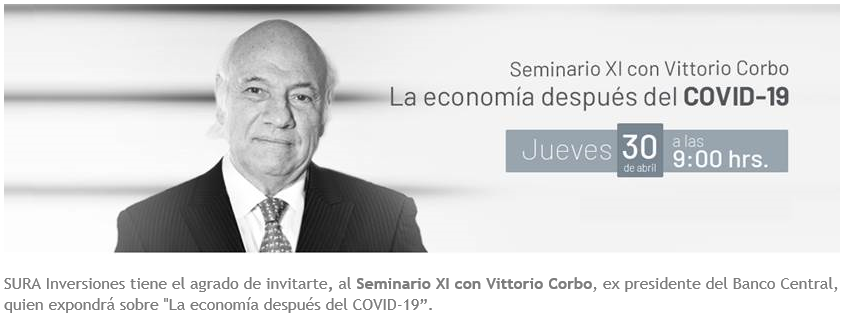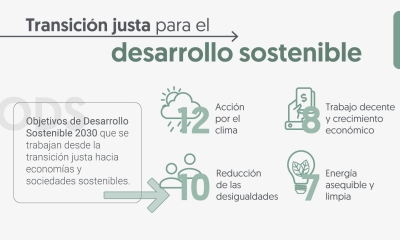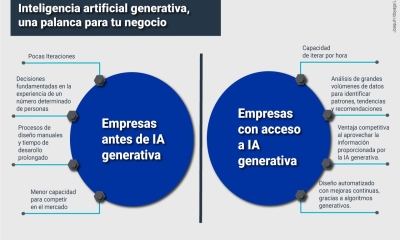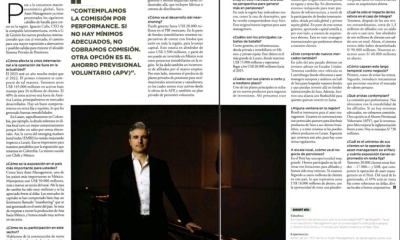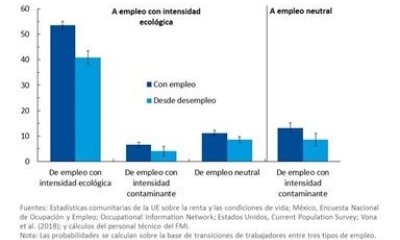• In streaming organized by SURA Inversiones, the former president of the Central Bank analyzed the effects that Covid-19 has had on the economy at a global and local level. Additionally, he shared a vision regarding what to expect for the coming months in our country.
The prominent economist and former president of the Central Bank, Vittorio Corbo, in a streaming conference organized by SURA Inversiones, analyzed the effects that Covid-19 has had on the economy at a global and local level. Additionally, he shared a vision of what to expect for in the coming months in the world and in our country. Not only did Corbo analyze in detail the effects but also the mitigation measures implemented to support individuals and companies in the context of this health crisis.
Firstly, he referred to the effects of the spread of the pandemic, generating important behavioral changes for both people and companies, which have been present mainly in three areas: supply, demand and the confidence of consumers and entrepreneurs. In Europe, for example, the drop in the confidence index has already reached the levels of the great financial crisis of 2008-2009.
However, the economist pointed out that after a swift initial spread, today we can observe a flattening of the contagion curve, a great willingness of the monetary, fiscal and regulatory authorities to support people and companies in this difficult situation and some advance in research of treatments and vaccines against Covid-19, and that partial figures in China, the first country hit by the virus, suggest that activity is beginning to slowly recover, especially in the manufacturing sector.
The economic costs
The short-term costs of confinement and social distancing measures, which were already high in China with a drop of 10% in GDP in Q1 compared to the previous quarter, are beginning to surface strongly in the rest of the world. In the European Union, on the other hand, GDP fell 3.8% this quarter, with 5.8% in France and 5.2% in Spain.
Given the drastic deterioration in the economic outlook and the greater uncertainty, the financial markets experienced strong corrections until mid-March.
However, thanks to mitigation measures by the Federal Reserve (FED), the European Central Bank (ECB) and now the Bank of Japan, financial markets have stabilized, reducing financial tensions, and showing a recovery in stock prices, reduction in bond spreads and relief in tight liquidity.
Furthermore, tax authorities have been introducing support programs for families, workers and companies intended to help them endure the semi-paralysis of activities. Also, regulators have facilitated the expansion of credit, freeing excess capital from banks, especially industrial countries.
World economy perspectives
Growth projections of global economy have been drastically reduced and are subject to a high degree of uncertainty, mainly regarding the duration and extent of the pandemic, effects of the crisis on consumption patterns, effectiveness of macro policies mitigation measures and the time it takes to develop a vaccine.
Corbo said that "the world economy is moving toward the worst recession in the last 80 years, with a projection for a contraction of world GDP this year between 3 and 5%."
In Chile
The Chilean economy had started a slow recovery towards the end of last year before Covid-19, when the collapse of demand has created new difficulties for SMEs to pay workers compensation and meet their debts, while containment measures result in a further deterioration of confidence, financial conditions, domestic and volume demands, and export prices.
This year's growth has a high degree of uncertainty, most likely it will be in the lower part of the range of -4.5 to -2% and that we may reach a double-digit unemployment rate from now until the end of the year.
In this context, Corbo assures that "authorities have responded with aggressive and focused fiscal and monetary policies thanks to the robust fiscal solvency, credibility of its Central Bank and the strength of the banking system and financial supervision."
Vision of SURA Investments
In turn, Renzo Vercelli, vice president of Voluntary Business at SURA Asset Management Chile, commented that
“we are facing a deep recession, which will impact on employment, companies and people's well-being. Governments and central banks are implementing economic stimulus and support plans never seen before; science is not competing for who gets a vaccine first, but working cooperatively, and therefore we are going to make it. But we have to control anxiety and think that a rebound in the markets does not imply that the worst is over. Because the recovery will be slow and fragile process at first. Developed countries are seeking to relax measures of social isolation; however, significant risks remain.”

